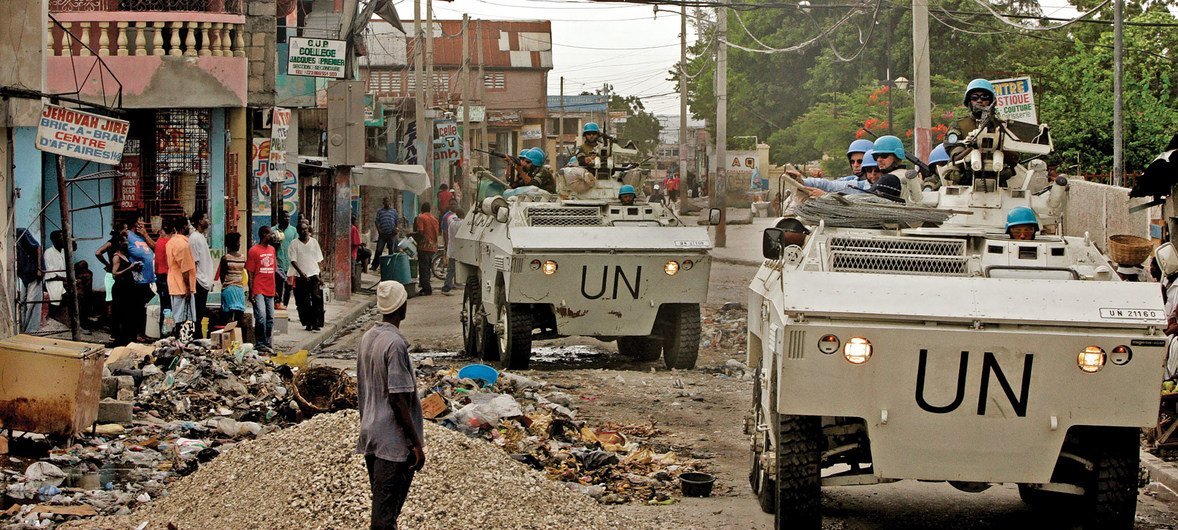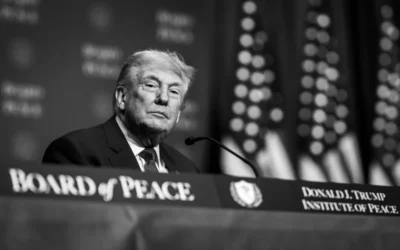The Biden administration’s plan to restore order to Haiti by sending an armed international force has hit another snag: the base that will house the soldiers will not be ready by the date they are set to arrive in the Caribbean nation.
Jake Johnston from the Center for Economic and Policy Research told POLITICO that the Kenyan-led forces will arrive in Haiti on May 23; however, the US-constructed base they will be stationed at will not be completed by that time.
Washington and Nairobi are eyeing that date to begin the operations in Port-au-Prince as Kenyan President William Ruto is scheduled to be in the US on that day, officials confirmed to POLITICO.
Johnston said that a second issue is the deployment will be far smaller than initially discussed. While the US plan called for 1,000 Kenyan armed men to be joined by thousands of soldiers from several other countries, Johnston told POLITICO that only 200 Kenyans are scheduled to deploy to Haiti.
It is unclear if the force will be able to carry out its mission to restore order and hand control of Haiti to a new US-backed transitional government. In 2021, Haitian President Jovenal Moise was assassinated, creating a power vacuum. Washington facilitated Ariel Henry’s rise to power.
After taking control of Haiti, Henry proved to be an ineffective leader. He lost an increasing amount of Port-au-Prince to paramilitary organizations, leading him to appeal to the US and UN for support. For over a year, Washington lobbied the UN Security Council to approve an armed force to be sent to Port-au-Prince to hand power back to Henry.
The US struggled to find a partner to lead the mission before it was able to incentivize Kenya with financial and military assistance last year. The deployment met significant opposition in Nairobi, leading to a court battle that delayed the deployment for several months.
The proposed Kenyan mission to Haiti has also faced opposition by many locals. Once Henry began backing the plan he was met with dissent from Haitian citizens. UN Peacekeepers deployed to Haiti between 2004 and 2017 were notorious for committing sexual violence against women. Additionally, 10,000 Haitians died from a cholera outbreak caused by the UN force.
Earlier this year, when Henry was traveling to Nairobi to ink the agreement for Kenyan troops to deploy to Haiti, paramilitary organizations seized swaths of Port-au-Price and prevented Henry’s return to Haiti.
Once Henry was unable to even set foot in Haiti, he lost favor with Washinton, and Secretary of State Antony Blinken pushed him to resign. Rather than allow Haitians to select a new leader, the US set up a transitional council for Haiti led by Edgard Leblanc Fils.
The Washington-led process to appoint a new head of state iced out leaders of the paramilitary groups. Vitel’homme Innocent, the head of one faction, told CNN that if the militias did not have a seat at the table they would gain influence by other means.

































